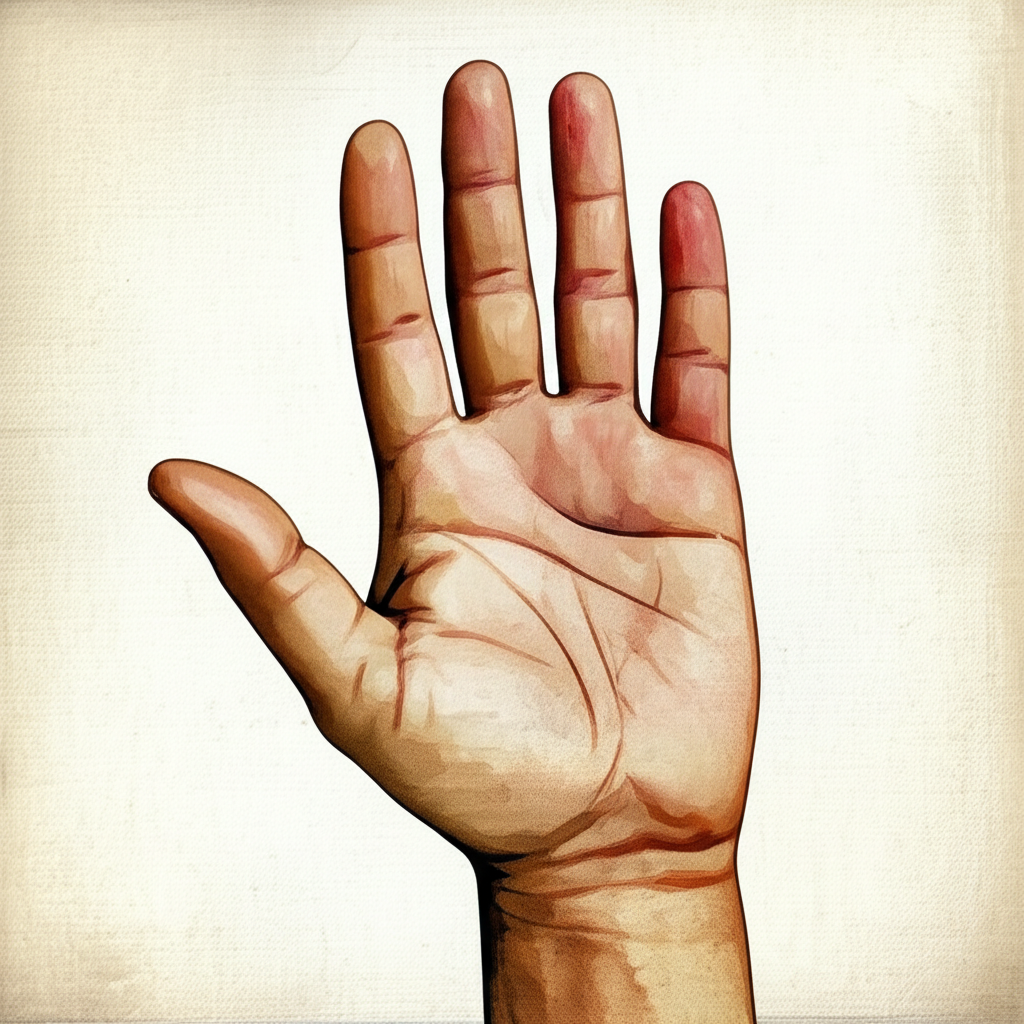
The superstition of itching palms, a belief rooted in folklore and historical practices, persists in various forms even today. It centers around the sensation of an itch on the palm of the hand and interprets it as a sign of impending financial fortune or misfortune, depending on the specific palm and the era.
Historically, some sources trace the origin of this superstition back to Anglo-Saxon medicinal practices. Silver, known for its antimicrobial properties, was used to treat skin ailments. The first documented medicinal use of silver dates back to the eighth century, when silver filings were used to purify blood and ease heart palpitations. By the twelfth century, the Old English word ‘seolfor’ had evolved into ‘silver,’ and its use in medicine became widespread. Modern science confirms the anti-bacterial qualities of the silver ion, and it’s still utilized in wound dressings, particularly with the rise of antibiotic-resistant infections such as MRSA. Whether or not the connection is real, the association of silver with healing and perhaps wealth through trade could have laid some foundation for the belief.
Culturally, the interpretation of an itching palm has varied considerably over time. In Elizabethan England, an itching palm was not seen as a harbinger of good fortune but rather as a sign of greed and covetousness. This perspective emphasized the moral implications of desiring wealth, even if wealth was acquired. William Shakespeare, in his play Julius Caesar, illustrates this view, with Brutus condemning Cassius by saying, ‘Let me tell you Cassius, you yourself are much condemned to have an itching palm.’ This quote suggests that having an ‘itching palm’ was synonymous with being greedy or corrupt.
The evolution of the superstition reveals a shift in perspective. While our Elizabethan forefathers associated it with avarice, the modern interpretation often views an itchy left palm as a sign of imminent financial gain. Conversely, an itchy right palm is frequently interpreted as a sign of impending financial loss, though this aspect receives considerably less attention in contemporary belief. This suggests a movement away from moral condemnation and towards a more optimistic outlook.
Modern interpretations largely focus on the possibility of receiving money when the left palm itches. Despite the historical association with greed, contemporary society often uses the expression ‘he’s got itchy palms’ to describe individuals suspected of trying to swindle money from others. While the direct link to avarice may not be consciously considered when using the phrase, it demonstrates a lingering connection between itching palms and unethical financial pursuits. Although we may not take the superstition literally, the enduring presence of this expression highlights the complex relationship between money, desire, and human behavior.